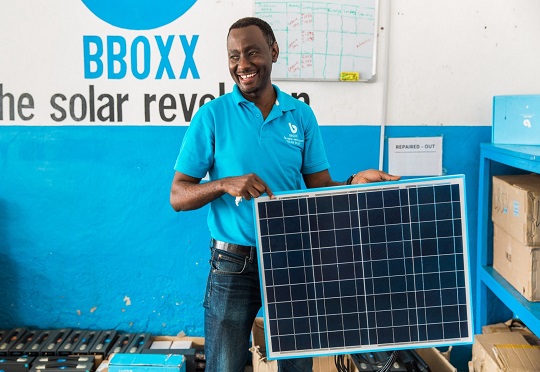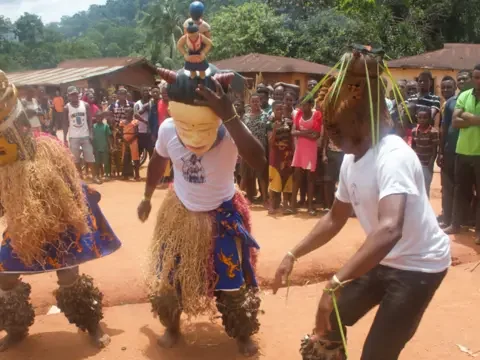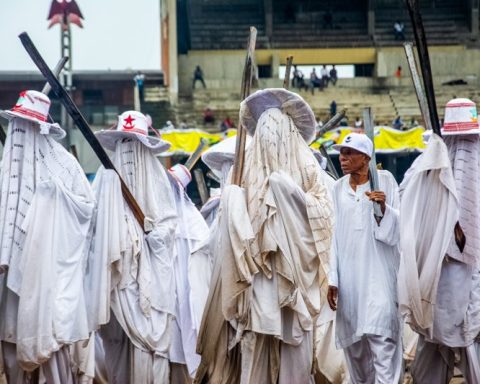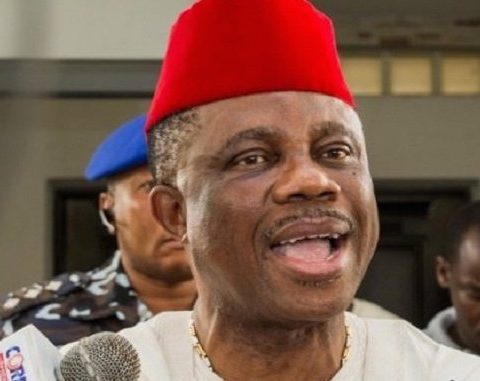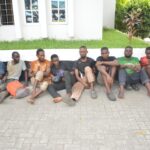The COVID-19 pandemic has set back years of gains made in efforts to eliminate neglected tropical diseases, a diverse group of 20 illnesses that disproportionately affect impoverished communities in tropical areas.
Join our WhatsApp Channel
In a shock move, the UK has decided to cut over £150 million of previously committed funding to NTDs this financial year (April 2021 to March 2022).. This commitment would have supported at-risk communities across 26 countries, 24 of them in Africa, by delivering over 250 million treatments. It would have also supported 180,000 disability-preventing surgeries, whilst strengthening health systems and building the health workforce in-country.
In Africa, 17 countries have eliminated at least one NTD. A further 12 countries are on track to eliminate an NTD in the next three years – an extraordinary feat based on years of determined action. Despite these progresses, the UK Government has decided to withdraw aid that protects the poorest and most vulnerable children and adults from neglected tropical diseases (NTDs).
In Nigeria, mass drug administration and assessment has already been affected by the pandemic and the UK cuts may mean that 77.1M treatments for neglected tropical diseases may not be delivered to communities across the country. Patients like Isah Ibrahim and Muzammilu (Muzi) from Nigeria benefited hugely from treatment – but others will now not get to experience these benefits.
Isah is from a small village in north west Nigeria about 30 miles away from the nearest hospital. He was 14 when he was found by health workers suffering from a severe form of trachoma – a painful eye disease turns the eyelids inwards – causing eyelashes to painfully scratch against the eyeball.

Isah following surgery with his older brother Adulahi Dambala copyright Andrew Esiebo/panos pictures
Isah lives with his brother Adulahi Dambala. Before surgery Adulahi said Isah didn’t feel good and wasn’t comfortable. He described him as shy and not wanting to interact with people.
Health workers were told that Isah had been constantly rubbing his eyes because of the painful itching and uncomfortable thick discharge. This pain became worse when the weather was hot, then the itch would become uncontrollable. His family had been extremely worried he would go blind.
It had also affected his education. A health worker said that Nigerian boys of this age are normally very loud and outspoken, but unusually Isah was very quiet, almost monosyllabic and only gave answers such as “yes”, “no” and “ok”. He went to school but learned by memorising information as his sight was too bad for him to learn in any other way. He wanted to go to school, though, and wants to be a teacher when he grows up.
Isah received surgery, funded by UK Aid, in 2019 and was taken for surgery. When the bandages were removed, onlookers described that he looked from face to face, clearly seeing the people around him. He still didn’t talk much but he smiled for the first time and just couldn’t stop.

Isa smiles following surgery for advanced trachoma copyright Andrew Esiebo/panos pictures
“I feel better now, and I’m feeling stronger, I’m not feeling any pain. I remember before it was itchy, I had tears, and there was pain. Now there is a clear difference because previously I felt pains, there was itchiness and all that. But now I feel perfectly fine. I can see there are new things, it’s not teary, and it’s not itchy. I am very very happy I feel better after the surgery. I could not farm very well before, but now I can farm very well. Previously I could not read very well, but now I can read very well. I feel there are things that I couldn’t do before, especially work. Now I can work properly – Farming, fetching the corn, and also peeling mealies. That’s the kind of work I do.
“I’ve been going to school now, it feels better. The other children treat me fine. I enjoy playing football with my friends. I love reading,” said a jovial Isah.
Muzammilu (Muzi), is another UK aid beneficiary who also underwent surgery to rectify a trachoma. Muzi is from a village in north west Nigeria about 30 miles away from the nearest hospital. He was seven when he was found by health workers suffering from a severe form of trachoma and received surgery at the same time as Isah.

Muzammilu photographed outside his home with other children in his community after his eye surgery copyright Andrew Esiebo/panos pictures
“My eyes feel well now, I don’t feel the problem anymore. I can see everybody, I can see the table, and the phone there. I don’t feel anything now. When I get home I’m going to play. I want to see my mum. My brothers and sisters are going to celebrate. I feel alright now, I can see my father properly,” said Muzi.
Muzi lives in a family compound with his mum and dad and various family members. When the medical team screened other village children for trachoma, Muzi stood apart from them and didn’t seem to have any friends. He spoke little and rarely raised his head due to the discomfort and pain he was in, instead holding his head to the side at an angle and trying to avoid bright light, which might have hurt him. He didn’t make eye contact with anyone. Muzi wasn’t going to school like his siblings as every time he went the teachers would send him home again – his eyes were so bad they said they didn’t know how to teach him.

Muzammilu patient photographed with his father Muhammadu Bashir outside their home after his eye surgery copyright Andrew Esiebo/panos pictures
6 weeks after Muzi’s surgery, Muzi’s father said: “I’ve definitely noticed a difference in Muzi. Before the surgery, he didn’t look at you straight. He had to turn his eyes from the left side to look at you, because of the discomfort he had in his eyes. But, since after the surgery, he looks at you straight, boldly, confidently and he doesn’t have any form of discomfort since he had the surgery. He is comfortable.
“Before the surgery, he was always crying, he didn’t eat very well, he complained a lot to his mother, but since after the surgery he has been playing a lot. In fact, too much, he plays too much now! Before I always saw him alone but now, he mingles with them, he plays with them and everything looks very okay now. He doesn’t complain to his mother, he plays with his friends, everything looks very normal, and he’s very, very happy about the surgery. His reaction, the way he feels, the way he plays, looks perfectly okay after the surgery.”
“Things have changed completely with how he interacts because, previously, he found it difficult to associate himself with people. But now, he associates with everybody, people call him, he goes there, people send him on errand, he goes, he’s now a wonderful child who has re-integrated himself back into the community with the people.”
At the end of January, WHO formally launched a new road map aimed at driving progress towards a world free of NTDs by 2030. Health officials consider the road map a key piece in ensuring countries build back better after COVID-19 by focusing on resilience and strengthening health systems. The UK government must ensure that future generations of Africans are not held back – they must act now so that millions of Nigerians can live up to their full potential.




